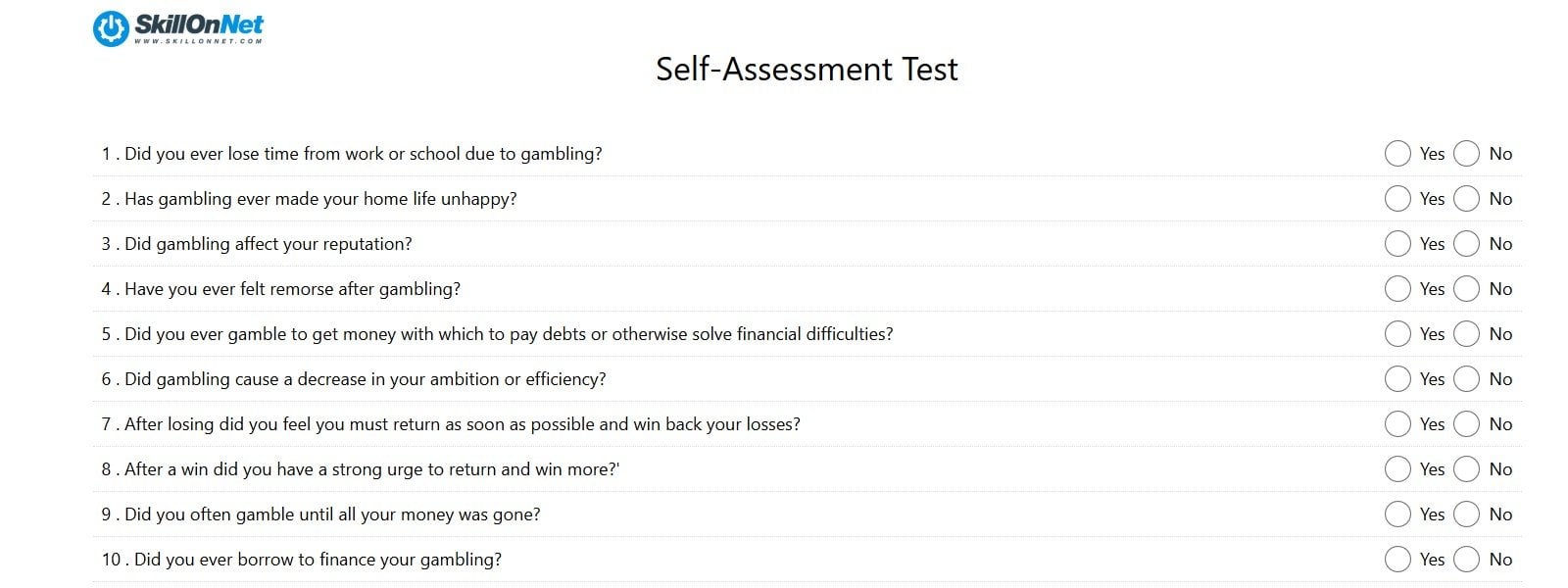Psychology
Chasing Losses: Understanding the Sunk Cost Fallacy in Gambling

There is no way to avoid the possibility of your bet losing when you gamble. We all take this risk when placing a sports bet or playing a round of Roulette or Blackjack. But there are clever ways to understand this risk and to mitigate your losses when you are playing online casino games or betting on sports.
The roulette wheel or the juice on a sports bet is not your biggest enemy. The worst thing a gambler can do is to chase their losses and try to win back their money quickly. You may win all your money back, but by chasing your losses there is a very real chance that you will just pump in more money and just stack up your losses. So why do some gamblers do it?
Because of the sunk cost fallacy. This is a dangerous course of action that can affect anyone, and not realising it, you can get stuck in a strategy that takes you on a massive downward spiral.
What is the Sunk Cost Fallacy
The sunken cost fallacy is basically the desire to keep playing a game because they have already invested lots of money in it. For example, you have spent $100 on outside bets in Roulette, but you want to keep playing because you have already lost $100 and don’t want to stop until you have made the money back.
The sunk cost fallacy can relate to just about anything in life. You may start to watch a film, and in the first 20 minutes decide it is not for you. But as you have already given 20 minutes of your time to the film, you watch it to the end regardless. With casino games, this course of action can have far worse implications than simply spending 2 hours watching a stale film.
On the surface of it, the sunk cost fallacy does seem too elementary to really affect a serious gambler. Why would I pump money into a game that I keep losing?
Examples of Where Sunk Cost Fallacy Is Most Dangerous
So here are a few examples to set the stage, and show you where the sunk cost fallacy can play into your decision-making.
Hitting that Elusive Bonus Round in a Slot Machine
Player A is trying out a new video slot, which has a fantastic bonus round that has a maximum payout of 10,000x. The player tries the slot for half an hour, sinking $50, but they keep falling short of the bonus round. Instead of moving onto another game or calling it quits, they want to keep playing until they reach the bonus round, and hope that it will cut their losses to a minimum or break even.
Getting Carried Away with Live Betting
Player B is placing live tennis bets on the outcome of each game in a match. They enjoy the fast-paced nature of live betting, and how the odds heavily fluctuate before every serve. They made a little money in the beginning, but towards the end of the second set, they are down $100. The bettor wants to keep going until the end of the game, as now they have invested time watching the game and betting on it, and feel like they can make their money back at the end.
Strategies that Can Become Traps
Play C uses an expert blackjack strategy at a live dealer game, and they are counting the cards. A lot of lower-valued cards have been dealt, and now the player wants to up their bet to hit those face cards hard. But they still keep losing, and their bankroll is depleting quickly with the higher staked bets.
Why These Players Got Sucked In
All three players want to keep going and their bankroll is only shrinking. In the first case, that bonus round may never come around, or the player may land the right symbols and trigger it, but there is no knowing whether the round will bring them enough money to break even.
The tennis bettor can go until the final game, but the odds on the winning player will keep shrinking and slowly but surely the punter will run out of longer odds wagers to make back their money.
And as for the blackjack expert, as soon as the dealer reshuffles the shoe, they have to start card counting from scratch – thus all their efforts will go to waste.
How to Avoid the Sunk Cost Fallacy
In their own ways, each of the players are just chasing their losses and drawn a finish line when they will stop. The bonus round, end of the tennis match, and point where the dealer reshuffles are targets where they will sit back and track their spending, at which point it is already too late.
The worst part is that these scenarios are very easy to avoid, and all you need to do is make some kind of budget for your gaming. This does not necessarily mean creating huge spreadsheets and writing down each stake every time you bet, unless you really want to. Instead, you can check your bankroll before playing, and allocate units to your gaming.
This makes your job a lot more simple, as you are not thinking about probability, RTP rates or volatility. All you do is keep an eye on how much you have spent on a game, and then stop when you have reached your limit.
Control Your Bankroll Using Responsible Gambling Tools
Taking a step further, responsible gambling tools help keep track of your expenses. Good online casino or sportsbook practice is to give you deposit control limits. In a lot of cases, you will need to make a limit when you create your account.
These limits create a cap on the amount a player can send to their gaming account within a specific period of time. For example, a player can only deposit $10 on a weekly basis. This is just one of the many gaming tools that you can use to curb your spending and avoid sinking money into losing games.

Break Reminder/Reality Check
These are notifications that can be set up, which will inform a player how much time they have spent at an online casino or sportsbook. Players can set up multiple reminders, such as at every 15, 30, or 60 minute intervals. Some players may feel better with regular 10-minute notifications, and once they hit say 30 minutes, they can call it quits. It is easy to lose track of time while gaming, so setting up multiple reality checks is a good initiative.
Loss Limits
Loss limit notifications are vital, and don’t necessarily track each gaming session separately. For example, a player can set up notifications for every $20 they spend. If the player sets a loss limit reminder of $100 and plays with smaller stakes, they may only get a notification after two or three days of playing. Depending on the size of their bankroll and how often they play, these notifications can be adjusted to meet each player’s preferences.
Time Tracker
This relates to how many hours a player spends at an online casino over a longer span of time. For example, how many hours a player spends each week or every month. The player can compare the data on the time they spent and how much was lost.
In many cases, heavier losses occur when players spend too much time gaming. This information comes in use when setting up break reminders, as players can mitigate losses that occur during longer sessions.
Self-Assessment Reviews
A practical tool at licensed online casinos is self-assessment tests or gambling questionnaires. These are a series of questions that aim to uncover a player’s gambling habits and see whether they are at risk of addiction. Most gamers are not in any real danger of true addiction. But it remains a very useful tool for players to check in on themselves. They can then use the information to determine how much money they should spend. Or, how long they should play.

Checking In With Customer Support
The support team is not only there to answer questions about a bonus or help members with withdrawing their money. One of the most important roles of the support team is to ensure the well being and safety of all the casino’s customers. Players can freely reach out to the support team for counsel on their gaming habits. Even at online casinos that use chat bots, members can request to connect with a support agent. They can then voice their concerns to the customer support agent.
Self-Exclusion
This is an ultimatum that should not be taken lightly. Self exclusion is asking the online casino to suspend a player for a specific amount of time. It is intended for players who are suspected of having gambling addiction. Self-exclusion can be requested for a matter of weeks or even months. But players should be careful when making self-exclusion requests. After two or three, they may find themselves permanently banned from the platform.
Have Realistic Expectations and Enjoy Your Gaming
Ultimately, the main goal is to curb your expectations and to not become too devastated if you lose a bet. You don’t simply get sucked into the sunk cost fallacy after playing 1 or 2 rounds. It happens as you spend more time and money on one game, increasing the feeling of investment in a game.
Don’t be afraid to mix up your games, try alternatives, and even take breaks during your gaming sessions. Sometimes just playing a demo scratchcard for 10 minutes is enough to satisfy your gaming urges. At the end of the day, casino gaming should be fun, and losses are all a part of it.





